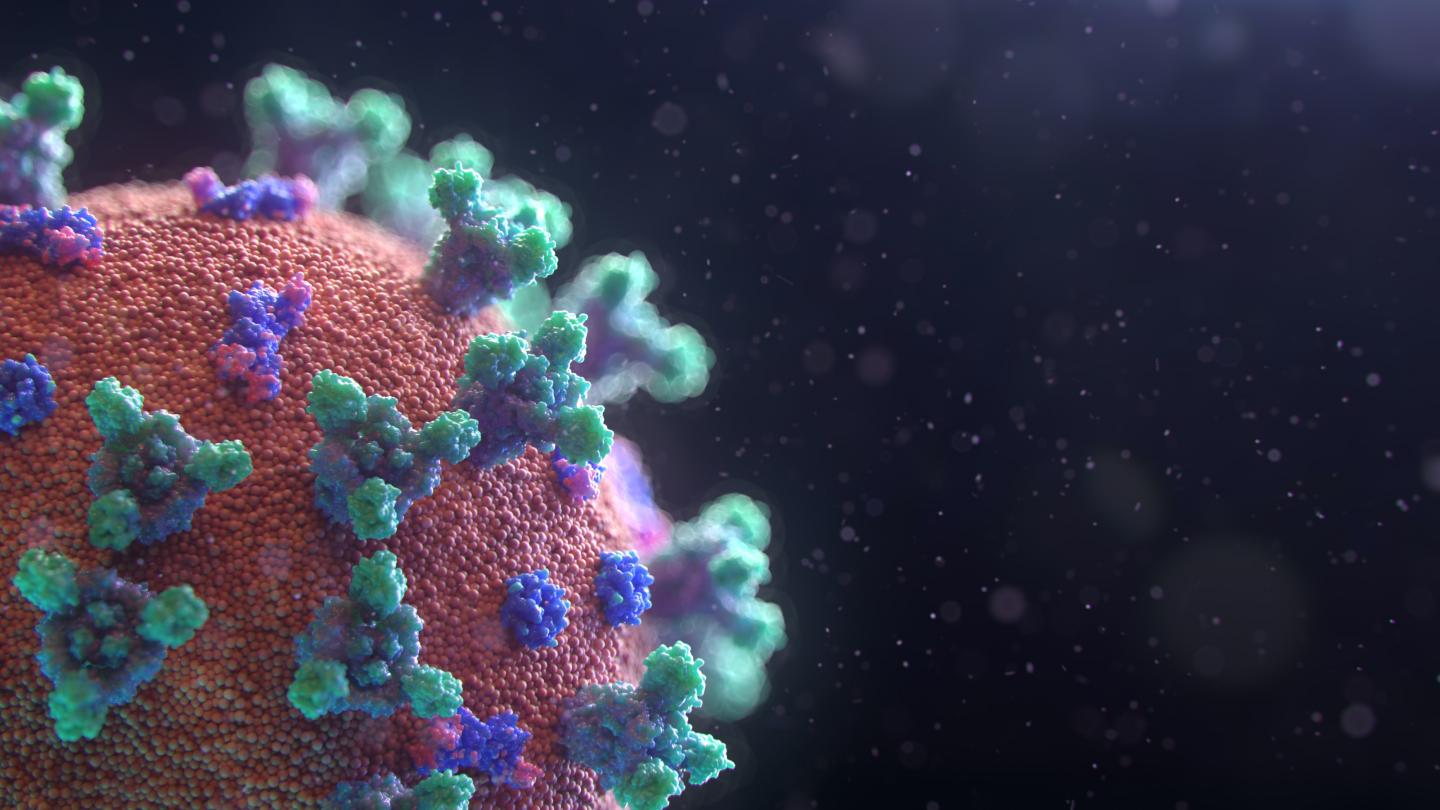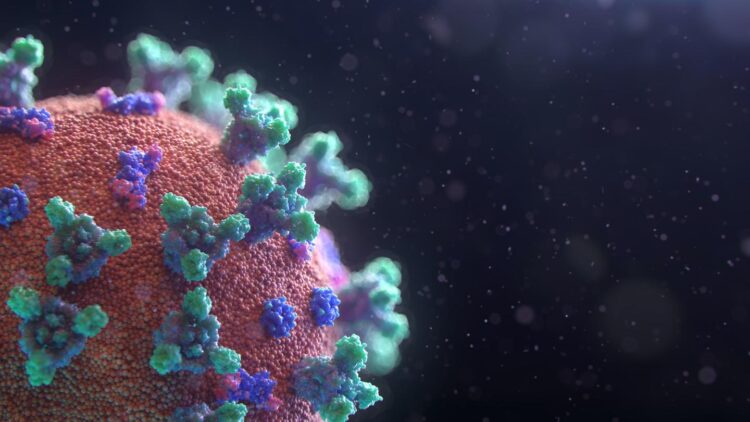
Credit: Fusion Medical Animation on Unsplash
(Salt Lake City) – As the COVID-19 pandemic continues to spread across the globe, University of Utah scientists are at the forefront of efforts to learn more about how to lasso the virus that causes it and understand its potential long-term social, economic, and psychological effects.
In a stride toward those goals, the U has awarded $1.3 million in seed grants to 56 cross-campus projects that will examine a host of issues arising out of the pandemic.
These multidisciplinary projects will not only address ways to prevent and treat the disease, but will also explore how to design better personal protective equipment as well as dampen the long-term effects of physical isolation on domestic violence and mental health. The projects are divided into six broad categories (number of grants).
Data Science and Genomic Medicine (9)
Projects that aim to make better predictions of COVID-19, and engage cutting-edge methods across artificial intelligence, genetics, and mathematical modeling.
Environmental Impact and Minimizing Exposure (6)
Projects that aim to understand how our actions are impacting the environment, and how to minimize exposure to COVID-19 across settings.
Health Impacts Across Populations (12)
Projects investigating the different ways that COVID-19 impacts people from different communities.
Mental Health and the Brain (7)
Projects that explore how people are psychologically adjusting to the disruptions in everyday life.
Social Impact and Policy (5)
Projects seeking to understand how to better protect and prepare people from the unintended consequences of efforts to reduce exposure to COVID-19.
Testing and Treating COVID-19 (17)
Projects that aim to find better tests, treatment, and a cure for COVID-19.
The university’s Office of the Vice President for Research partnered with the Immunology, Inflammation and Infectious Disease (3i) Initiative to support COVID-19 research.
“In just a matter of months, COVID-19 has killed more than 165,000 people worldwide, making this one of the most devastating events in recent history,” says Ryan O’Connell, Ph.D., co-director of the 3i initiative at University of Utah Health. “This bleak reality has prompted us to quickly identify and support COVID-19 focused research projects being proposed by our outstanding faculty here at the University of Utah in an effort to understand and defeat this deadly virus using a variety of innovative strategies.”
###
The seed grants fund pilot projects that promote collaborations among research groups at the U. Seed grants provide initial support to develop preliminary data that will allow competitive applications for funding by the National Institutes of Health or other agencies and foundations.
For the full list of projects, go here.
Media Contact
Doug Dollemore
[email protected]





